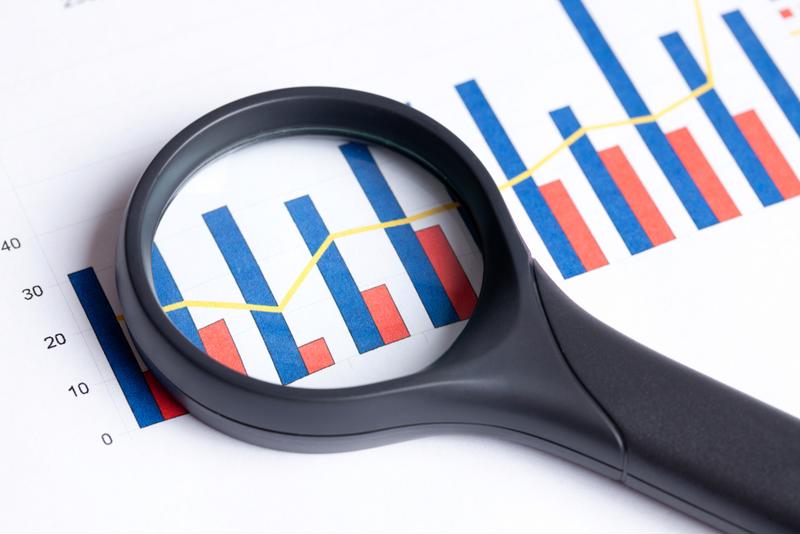One of the biggest challenges still remaining for many companies in the supply chain relates to sourcing and tracking everything they need. Simply put, it's hard to have a bird's-eye view of all aspects of the supply chain, but the more businesses can do to identify issues on a granular level, the better off they are likely to be in terms of keeping track of every item they order or handle.
To that end, more companies are investing heavily in improving transparency in global and local supply chains, according to Tech Republic. For Instance, IBM's Food Trust platform recently unveiled a new app for coffee retailers that allows companies to keep track of beans that go from the soil to the back room of a cafe without losing data, so that the provenance of every order can be tracked perfectly - all using the blockchain for data organization.

Initially, the app - which will launch in the first quarter of 2020 - will only be used for one kind of coffee, but as the system is tested and expanded, more and more companies will be able to participate, the report said. With more certainty about where every shipment is coming from, and where it stopped along the way, companies and consumers alike will increasingly have assurances about quality.
Beyond coffee
Of course, with the resources IBM has available, it should come as little surprise that its interest in using the blockchain for more secure and effective supply chain management doesn't end with that daily cup of coffee. The company recently announced at the National Retail Federation's Big Show conference that it is rolling out more effective collaboration and data features for its Sterling Supply Chain platform. Companies will have greater insight into shipments at every step of the supply chain and reduce the hiccups that still come with day-to-day business.
"The retail industry is poised for a renaissance as companies move away from siloed and legacy applications towards scalable, enterprise-tuned platforms that can holistically address customer-facing and supply chain operations challenges," said Jeanette Barlow, VP, of offering management and strategy for IBM Sterling. "This shift is likely compounding the industry's need to quickly innovate across traditional functional domains and deliver new capabilities that span operations and even third-party supply chain partners."
Setting the standard
However, with so many companies trying to craft unique, critical solutions for modern and evolving supply chain problems, the issue some might run into is the patchwork of solutions their partners might use, according to The Loadstar. For that reason, Digital Container Shipping Association recently revealed a number of industry-wide standards that should make it easier to trace shipping containers as they traverse the globe as part of wider supply chains. While there may not yet be global standards for this kind of data tracking, anything that normalizes how companies handle this information will likely lead to greater efficiency overall.
Consequently, companies with any hand in local or global supply chains would be wise to look into their options for getting up to speed with shifting norms, and ensuring their companies can fulfill the various obligations to all their partners.


Post A Comment:
0 comments so far,add yours